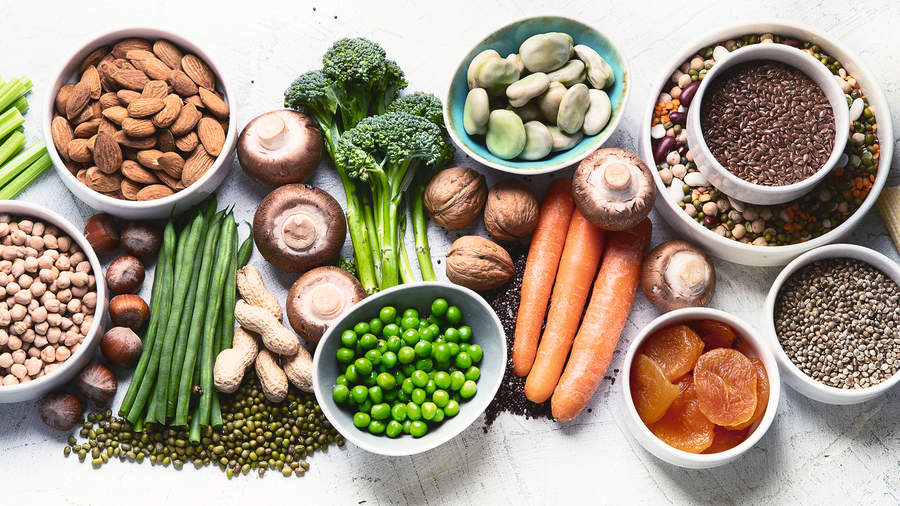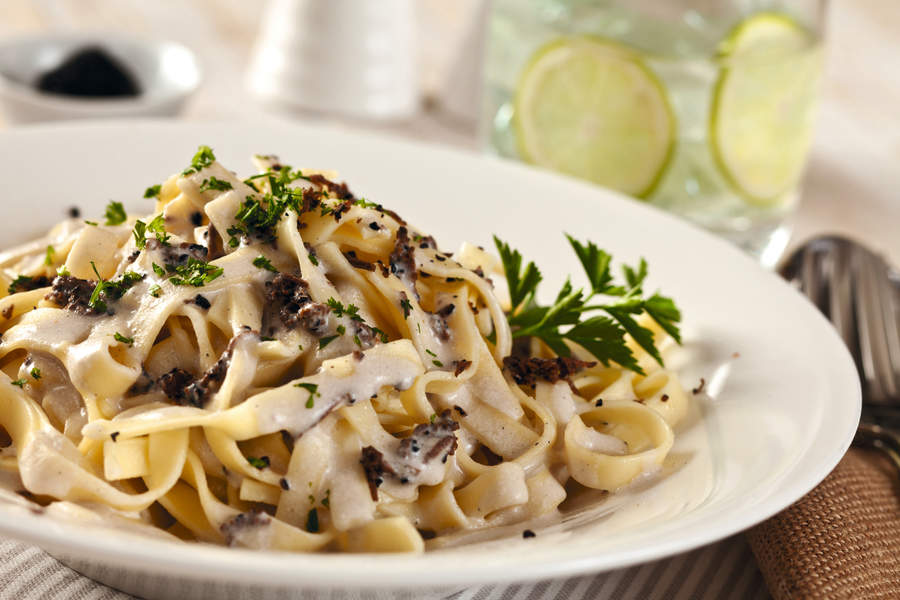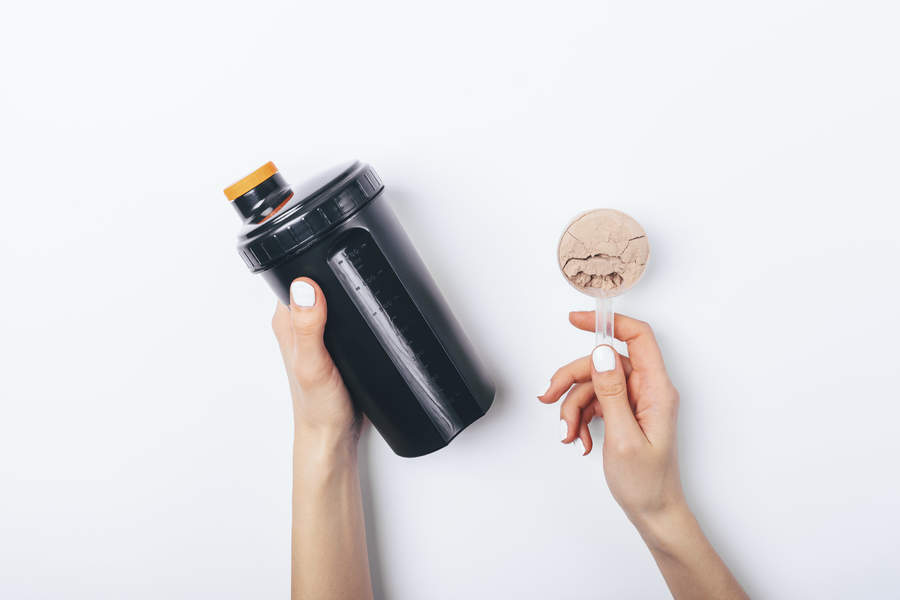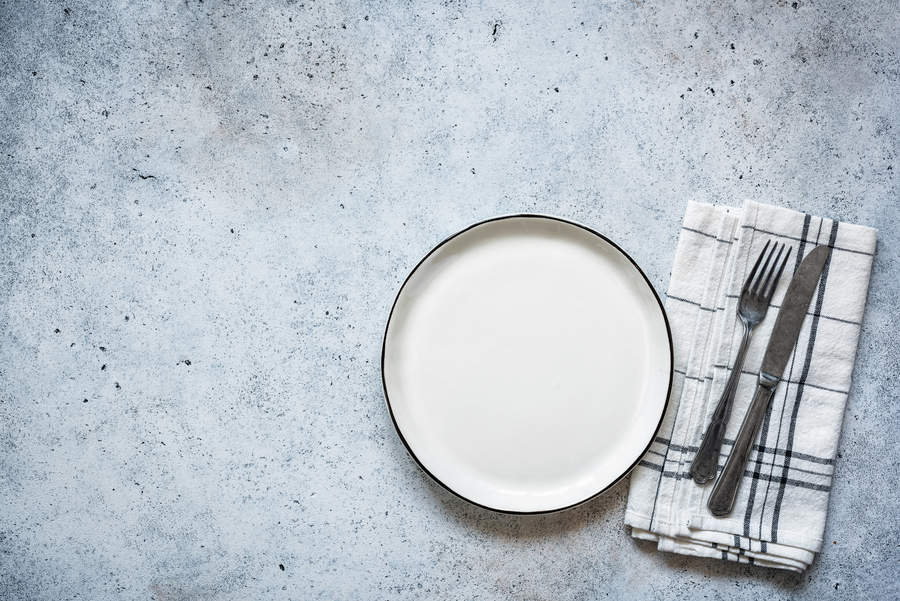
Cycling performance is an intricate combination of key elements, from your physical training to mental health, through to on-bike skills and your bike fit. In and amongst all of these is arguably the most important element for both performance and general health, but it is also the one with seemingly the most contradicting information whenever you head online. Nutrition.
What we eat, how much and when can all have a massive impact on our mood, energy levels and recovery making it a worthwhile investment of your time and energy. It can be hard to know where to start with reputable nutritional information not always that easy to come by with mixed messages scattered across social media.
Nutrition is a topic that can easily explode into a time-consuming science but for most of us, applying some broad and relatively easy strategies will get us heading in the right direction. For those with a busy life where cycling is a hobby, investing multiple hours working out macronutrients and devising the perfect refuelling strategy after a big ride is unachievable and can often leave you too baffled to get started.
It does not need to be the case though. To try and find some objective answers, we caught up with Dr Sam Impey, Chief Scientific Officer at Hexis Performance and previously the Lead Nutritionist at British Cycling.

Prioritise eating real food
The first bit of advice that Dr Impey suggests is for people to emphasise eating real, whole foods. Spending some time making your own meals from scratch with fresh ingredients allows you to connect with your food and know exactly what you are eating. Ultra-processed foods can often look very similar to something that you can make yourself but all of the added colourings, preservatives and E-numbers can be stripped out by making something yourself.
It is also vital to get a mix of foods Dr Impey explains, “The adage of chicken, rice, and broccoli, is all well and good but you're not eating a diverse variety of fibre or the types and the amounts of carbohydrates, starches and proteins.” Instead of eating the same meal day after day, he advises that people “eat the rainbow” when it comes to fresh fruits and vegetables. Different coloured foods tend to have different active ingredients in them as well as different types of fibre that are essential to good gut health.
Variety is the key for all the macronutrient groups too, having a mix of sources that you get your fat, carbohydrates and protein from will provide a more complete and rounded diet from a nutritional perspective.

Think about tailoring your calorie intake to your training
Working out how much you should eat on days when you train compared to days when you don't can be difficult, however, Dr Impey says that the answer for most people can be relatively simple. “On days where you've got more training, try and eat a bit more, mainly coming from carbohydrates. On days when you've got a bit less training, try and eat a little bit less. It is worth thinking about your total food and calorie intake, in line with your training load.”
There will be a level of trial and error when you are getting started to find exactly how much fuel your body needs but the most simple way to get started is to eat more before, during and after a long or hard ride than on an easy day or a day off entirely.
As far as calorie counting is concerned, Dr Impey is cautious to suggest it. “Personally I don't think it's a sustainable and healthy long-term behaviour,” he says. For amateur riders who ride for fun, getting overly specific about the exact amount of food they eat is not necessary. Most people can just get away with listening to their bodies and eating when they are hungry.
If you add some additional carbohydrates into your diet on the days when you train you are already periodising your diet. This is what Dr Impey thinks is the best starting point for performance nutrition. If you added an extra scoop of pasta to your lunch but still found yourself running on empty towards the end of a ride, you know you need more fuel next time and you can adjust your nutrition accordingly.

Don’t prioritise protein immediately after a ride
For a lot of riders both amateur and professional, the first thing they reach for post-ride is a protein shake. On the surface this is a wise idea, protein is a key component of muscular recovery, however, it is a bit more complex than this. Dr Impey recalls first seeing pro riders reaching for a protein shake after finishing a race and thinking, “This is absolutely bonkers.”
He goes on to explain, “If you're in a glycogen-depleted state, the primary driver for your body is to maintain blood glucose because that's what feeds your brain. If you consume a big dose of protein there's every chance your body will process that in the liver and turn it to glucose.”
A better post-ride strategy is to prioritise carbohydrates for at least the first hour. If you are riding back-to-back days and are looking to maximise your recovery in a limited window Dr Impey suggests consuming 1.2-1.5 grams of carbohydrates per kilogram of body weight per hour, for three hours.
Of course, if you haven’t ridden as intensely you can reduce this window to one or two hours but the main thing is to emphasize refuelling with carbohydrates before looking to consume any protein.
In the initial window post-ride, the body is in a state where it is not dependent on insulin for carbohydrate uptake and can just absorb carbs to refuel the body. It is worth capitalising on this window with some rice, pasta, bread or other starches.
After the first hour of carbohydrate-rich refuelling, then you can look to incorporate some protein for the second and third hours. This way there is less of a concern that the protein is going to be converted to glucose in the liver. It is also worth noting that only around 40% of the protein you consume is used for muscle synthesis with the majority being retained in your central organs. So making sure as much of it as possible can be used for muscular recovery is vital to its benefit.

Is there a benefit to fasted training?
Another area that is seemingly open to debate is the use of fasted training. The rationale behind it is that by riding in a glycogen-depleted state at moderate (Zone 2) intensities your body shifts from using glycogen as the muscle's energy source to fat.
Dr Impey sees fasted and fueled training as somewhat of a dimmer switch, “You can turn that switch towards burning more fat or towards burning more carbs. If you want to burn a bit more fat, do the ride fasted, or if you want the same zone 2 training, but you actually want to burn a bit more carbs, then you do it fueled. It is a way to increase your metabolic flexibility.”
Although there is a benefit to be had, it is worth using fasted training strategically at certain points in your training across a season. Dr Impey is also quick to add that some people respond more favourably to fasted training than others and it is about finding what works for you.
You don’t need to copy pro riders' nutrition strategies
It has been well-documented in recent years that professional riders are consuming more carbohydrates than ever before during training and racing. On hard mountain days, riders are now consuming in excess of 100 grams of carbohydrates per hour. For most of us who don’t ride at 400 watts for hours on end, emulating this nutrition strategy is simply not advantageous.
Pro riders consume such high levels of carbohydrates because the intensity they ride at is so incredibly energy-intensive. During this year's queen stage of the Tour de France, riders were crossing the line having burnt in excess of 6,000 calories on the bike. If you equate this to an amateur rider they might struggle to burn that many calories in a whole week of riding which highlights the difference in nutritional needs between a pro and a recreational rider.
The classic 60 grams per hour that has been advised for years is in most cases the best place to start with your feeding strategy on the bike. Recent science looks to have solidified the link between smaller riders needing fewer calories than larger riders to operate at a comparable level, once again highlighting just how personal nutritional strategies are and it is about finding a method that works best for your body.

Give yourself 24 hours to carb load before an event
On the days leading up to a target, event carb loading can fully top your body up with stores of glycogen giving you the most energy reserves come the day of the event. Dr Impey says, “There's good evidence to show that you can maximise the body’s store of muscle glycogen in the 24 hours before an event.”
Based on this, the day before your target event you should look to consume around 8-10 grams of carbohydrates per kilogram of body weight. Ideally through five to six meals and snacks spread throughout the day, although this can seem like a daunting amount of food to consume, some of this can come from sports drinks, fruit juices and sweets that are easier to consume than just whole food sources.
On the day before the event, keeping your protein intake relatively low is also advised, this will allow your body to focus on the carbohydrate uptake and get rid of any additional calories on top of the high volume of carbohydrates.
It really is a case of everything in moderation
We are all human and sticking religiously to a nutrition strategy is a tough ask, life can be busy and stressful and sometimes you want to just head off on a holiday and not worry about what you are eating. Depending on when this happens it doesn’t have to be a cause for concern.
If you are looking at having a holiday and eating what you want a few weeks before a target event then there are likely going to be repercussions, but if this isn’t the case then taking your eye off the ball for a week or two isn’t going to have any long-lasting effects. As a good rule, Dr Impey suggests taking a 70/30 or 80/20 approach where 70-80% of your calories still come from fresh whole foods with the remaining 20-30% coming from whatever you would like.
Having a balanced diet also extends beyond the nutrition of the meal, having something you really want is good for the mind and can be a reward for a block of training. Nutrition, diet and performance should be viewed holistically with not only how it directly affects your performance on the bike but also your mood and social life off the bike. Having a takeaway with friends every now and then is going to have no measurable implications on your cycling performance but it could boost your mood which in turn will help increase your motivation on the bike.

Don’t worry about getting bogged down with supplements
It is important to remember that sports supplements in general are an industry out there to get you to part with your hard-earned cash. Although some supplements certainly do offer additional benefits, if you are eating a mixed variety of whole foods including fresh fruit and vegetables then for the most part you can save yourself the hassle of adding dietary supplements.
If you do want to add anything on top of your diet Dr Impey suggests vitamin D3 as this is something that a great deal of the population can be deficient in including those that spend their time working outside.
For Vegan athletes in particular it can also be worth adding vitamins B6 and B12 to your diet as these can be harder to gain on a purely vegan diet. These vitamins also help you to feel good as they are mitochondrial co-factors that help you produce energy.
Beyond this, unless you have any specific medical deficiency that requires dietary supplementation everything else your body needs can be found in a healthy mixed and varied diet.







